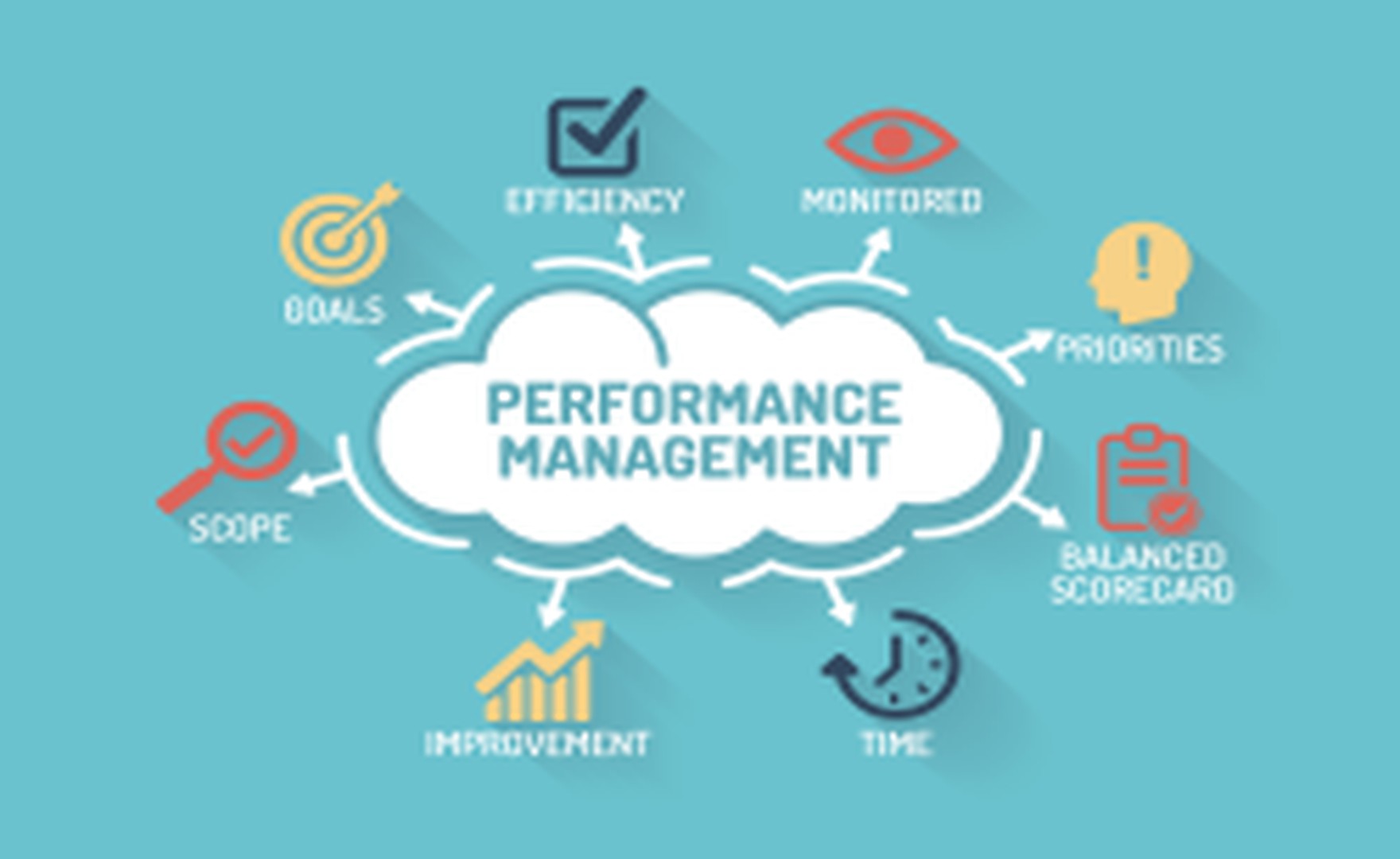The AoEC’s consultancy services are offered to organisations and feature a portfolio of tailored coaching based solutions and products that can serve to address a multitude of issues facing both large and small businesses today.
Do you need to rethink your performance management?
25th November by Lee Robertson
Reading time 3 minutes

How do you use and monitor performance management within your organisation?
Are your managers accountable for their team’s performance?
Do you reward success in monetary terms or with promotion?
Do you celebrate individual employee success, or do you look at how teams are performing?
These points, and more are addressed in the first UK Performance Management Report published by Clear Review. Interviewing 300 senior HR leaders, 500 managers and 1,000 employees, it provides benchmarking and best practice on one of the most challenging issues facing HR and managers today.
The report looked at the current key priorities for the workplace such as employee experience, agile working, wellbeing, engagement, psychological safety and retention. Then in comparing these against traditional performance management practices such as appraisals, annual objectives and performance related pay, uncovered a huge disconnect between the two.
Performance management is out of step with the needs of the modern working environment and although, not as easy or quick fix, should be high on the agenda of every organisation.
It’s about performance development
Historically performance management has been married to rankings and reward, with little attention paid to employee development. However, as we are now seeing, managing performance at a team and individual level is far more complex and dynamic than in recent decades and needs to be anchored in continual feedback.
As Clear Review found in its report, more than half of the survey’s respondents acknowledged that development should be the priority, but barely a quarter of the same sample said that they had moved to using a continuous model. One of the report’s headlines is that over 92% of HR professionals said that performance management was a critical area needing to be addressed in the next 12-18 months.
The need for more regular performance conversations
The report identified a unanimous desire for more feedback and frequent conversations with HRs, managers and employees all agreeing that an increase in regular performance conversations would benefit them.
It also threw up a disparity in how often meetings take place to discuss performance with 33.6% of managers claiming to already meet monthly, while only 20.3% of employees and 16.3% of HR workers agreed this happened. Over a third of employees signaled to having performance conversations once a year and just under 35% of HRs said twice a year meetings were most common.
Barriers to improving performance management
Time and the availability managers was cited as the number one obstacle when it comes to managing their team’s performance. But another gap opens here with 92.2% of managers saying they felt equipped and trained to have these conversations while, 40% of HRs thought the opposite and stated that their managers simply don’t have the right skills.
The report highlights that the challenge is to find the right tools and offer the right training to enable managers to be able to coach and develop their team members. To drive effective change, needs must be met on an individual basis with managers supported via online learning, coaching themselves, real-world examples, role play and experiments to embed new thinking and behaviour.
Another barrier given to having more regular performance conversations was senior leaders not supporting or encouraging it. More than half of the sample said that the board need to be better at promoting a feedback culture and show that feedback is welcome. If support and constructive criticism can be delivered in a meaningful way, the benefit is a more inclusive culture across the organisation.
What needs to change?
The report underlines the desire for all to have better performance management systems in place, but what steps and behaviours do we need to encourage and normalise to ensure organisations can make more of these processes?
- Employers should invest in the skill sets of their team leaders and managers, so they are equipped with the emotional and human skills to manage their colleagues more effectively
- Leaders and business owners must strive to create a culture where feedback helps counteract the inherent fears employees can have
- Regular feedback is needed between managers and employees because it is central to improving autonomy and accountability
- Managers should introduce more frequent coaching conversations to allow for better goal setting, to improve clarity about how personal goals align with business goals and support the effective development of their team members and direct reports
If companies can embrace a continuous model, then the shift in individual, collective and organisational mindsets will be enormous. Performance development, rather than management, offers numerous benefits and opportunities to grow a business because employees and teams will be more engaged, productive and completely focused on driving best value for the customer.
Article
Culture is evolving - and that’s a good thing
1st December 2025 by Lee Robertson
If there’s one thing the latest Global Culture Report from the O.C. Tanner Institute makes clear, it’s this: workplace culture…
Article
Think you understand teams in your organisation? Think again
18th November 2025 by Lee Robertson
Most organisations say they’re “team-based” - but how well do they understand the teams that drive their business forward?
Article
The business case for a coaching culture: benefits, ROI & implementation blueprint
4th November 2025 by Lee Robertson
Why more organisations are moving toward a coaching culture – and how to do it effectively